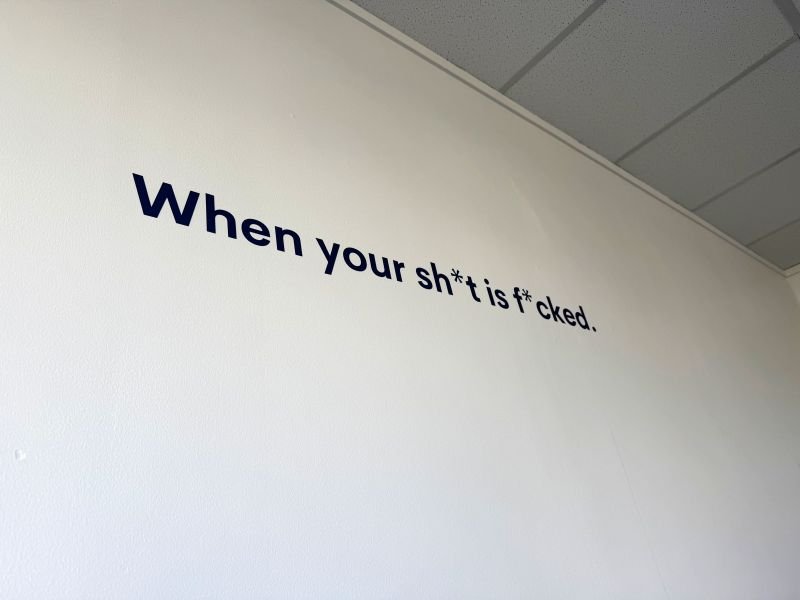What does it mean to be a professional?
This post on LinkedIn** caught my attention earlier in the week—one of those “polarising takes” that made me stop, nod, and want to add something.
(**disclaimer about my relationship with the author at the end of this blog)
The idea was simple: professionalism is often used as a proxy for conformity. A way to tell people to shrink themselves—to dress, speak, act, and look a certain way to be considered “acceptable.”
Let’s go one step further: it doesn’t matter what you wear, what colour your hair is, how many piercings you have, or whether you say “cheers” instead of “kind regards.” None of these are professionalism. We don't question the professionalism of David Beckham, Lewis Hamilton, or Dame Judi Dench - yet they all have tattoos and piercings. We admire them for what they do, not what they wear while doing it.
So what is professionalism, really? At its core, professionalism is about how you show up: your attitude, your reliability, your integrity, your commitment to doing the job well. It’s about how you work — not how you look. It’s delivering value, taking ownership, being accountable, and constantly growing your capability. You can do all that in a hoodie or with pink hair.
And that’s the thing. In digital tech, where our tools and methods evolve faster than the language in our employment contracts, professionalism can’t be a rigid set of rules based on outdated office norms. It has to be something deeper, more meaningful—and more useful.
What does Professionalism in digital tech look like? This is where frameworks like SFIA (Skills Framework for the Information Age) come in. SFIA doesn’t care about your wardrobe. It maps out what capability looks like at different levels of practice—what you know, what you can do, and how you apply it. It’s a staircase you can build for yourself, not a mould you have to squeeze into.
In digital technology, we also have something else to guide us — a Code of Ethics. It asks us to act with integrity, put the public good first, and continue to develop our skills. It reminds us that professionalism is about trust, responsibility, and impact — not dress codes or whether you use “kind regards” in your email.
Final thought
Being a professional in tech today is about staying curious, learning constantly, working ethically, and delivering value. It’s about showing up, being trusted, and improving—not about shaving off the parts of yourself that don’t “fit.”
You don’t have to shrink to be seen as a professional. And you certainly don’t have to wait for permission. You’re already a professional. Own it—and keep growing.
** To the disclaimer. The LinkedIN post was written by Lou Draper, Managing Partner with Draper Cormack. I am a shareholder and director of Draper Cormack. Their tagline is in the image below.

